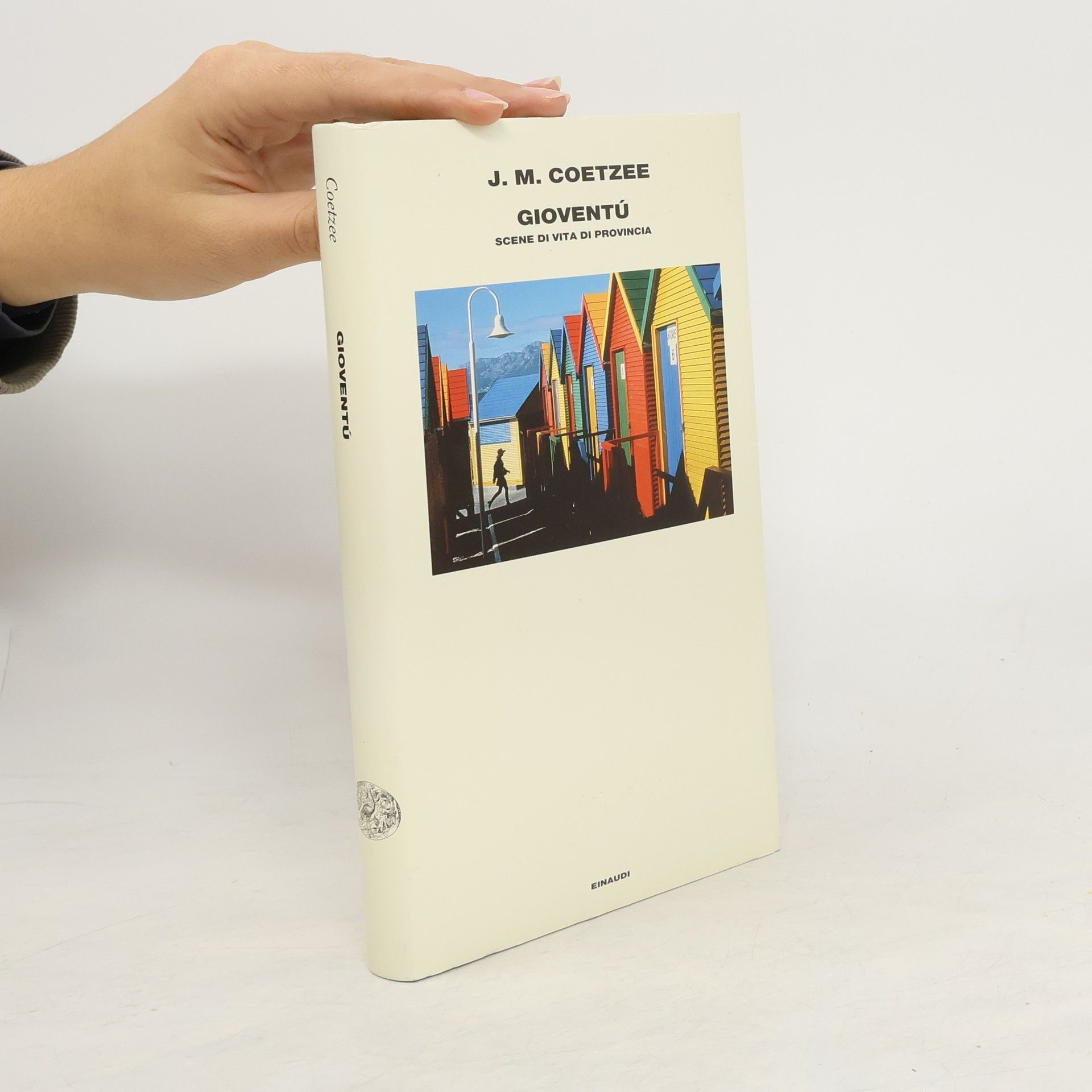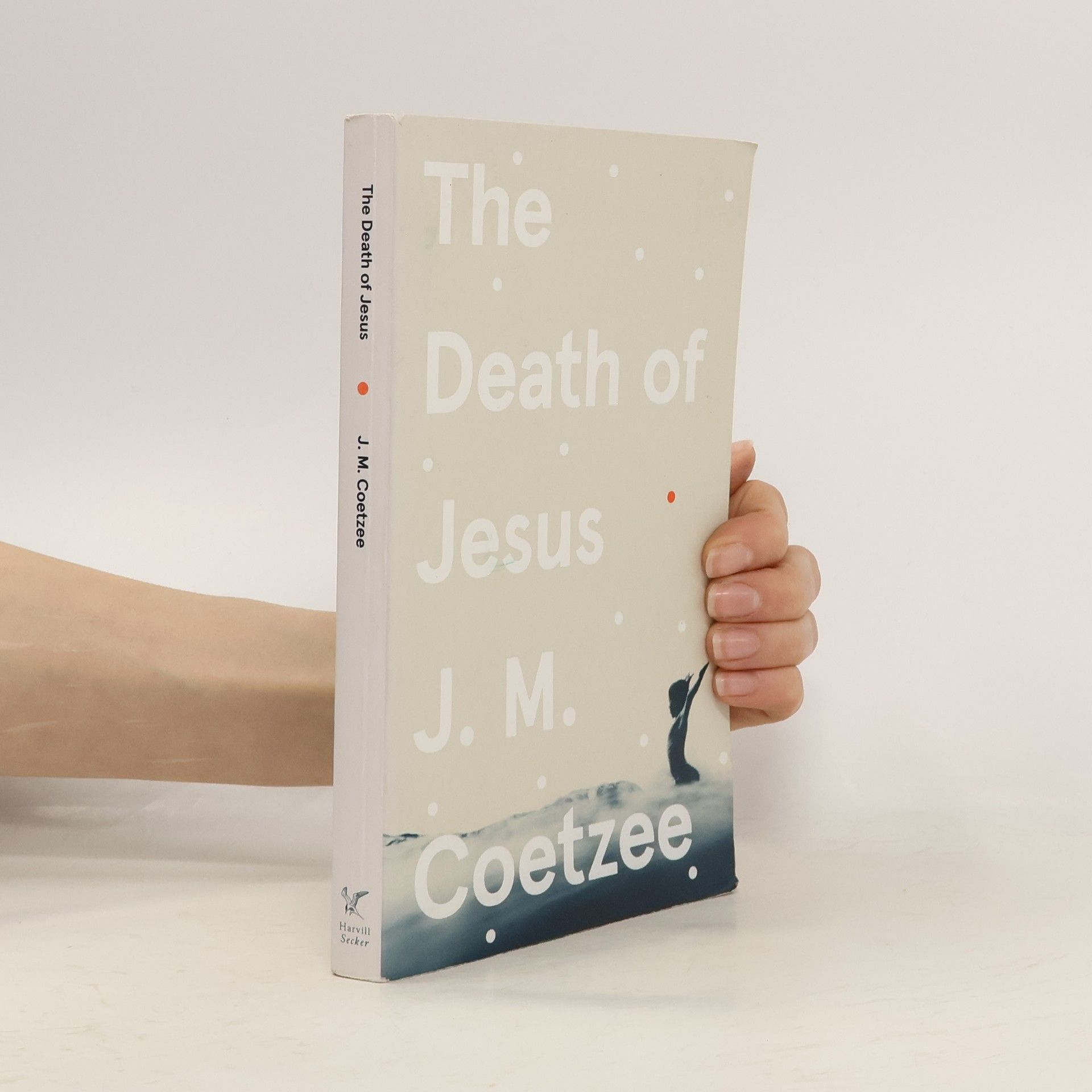Aspettando i barbari
- 198pagine
- 7 ore di lettura
Per anni, il magistrato si è concentrato su poche, piccole cose quotidiane: l'amministrazione giudiziaria della sua cittadina di frontiera durante il giorno, la lettura dei classici la sera, gli scavi archeologici nel tempo libero. Per anni, ha applicato la legge senza mettere in forse la propria fedeltà all'Impero, senza consentire ad alcun dubbio di turbare le sue serate con gli amici, le sue notti con le prostitute. Per anni. Finché i barbari non cominciano a premere lungo la frontiera - o almeno, cosí dicono nella capitale; finché due di quei barbari non vengono catturati e torturati. Il magistrato, all'improvviso, si trova a confrontarsi con la realtà: con la violenza, con il pregiudizio, perfino con l'amore. E da suddito dell'Impero si trasforma in nemico, da giudice in imputato - senza mai avere la certezza di battersi per una causa giusta, o di resistere a una causa ingiusta: «Qualcosa mi ha guardato dritto in faccia e io ancora non la vedo». Grande successo in tutto il mondo anglosassone, Aspettando i barbari ha vinto nel 1980 il Cna Prize, il piú prestigioso riconoscimento letterario del Sudafrica.







